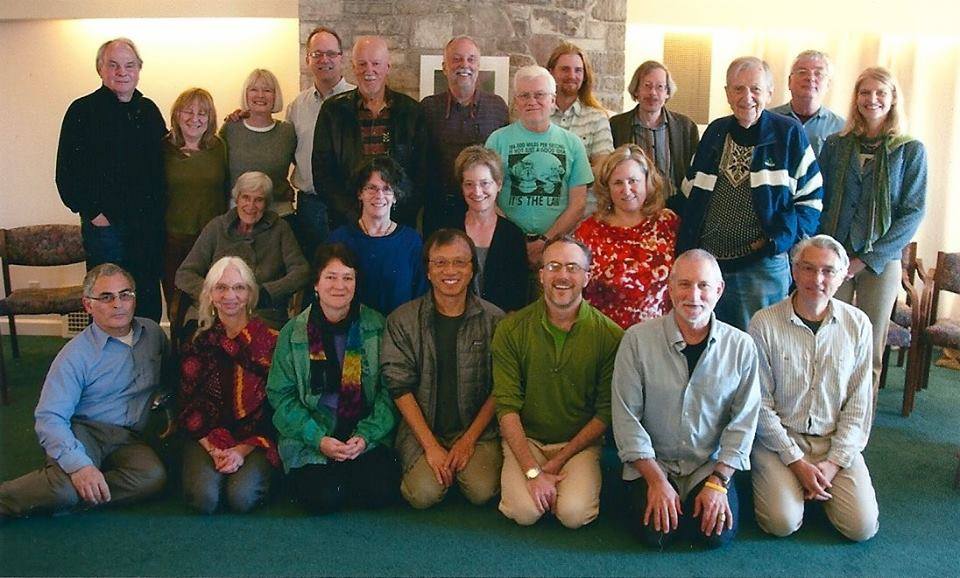In October 2013, a four day international conference was held at the Esalen Institute in Big Sur, California, on the theme of ‘Anthropology and the Paranormal’. This special two part episode explores some aspects of the sometimes fraught relationship between “paranormal” events and beliefs (The World Religions“) and Religious Studies. This two-part episode has been produced in collaboration with Jack Hunter, editor of the journal Paranthropology, and co-convenor of the Esalen conference.

In this second part we ask “the epistemic/ontological question”: in studying these experiences, how far should we be concerned with the ontology? Would to do so be an abandonment of the scientific materialism which underpins the discipline, and therefore a slide back into theology? Or can there be a bigger model of materialism – a “complicated materialism”, to use Ann Taves’ expression – in which these phenomena might be suitably explicable? Or, as Bowie puts it, can we use “empathetic engagement” to adopt the ontology for research purposes? You will hear, in the following order, the voices of Jeffery Kripal, Ann Taves, Tanya Luhrmann, Fiona Bowie, Paul Stoller, Charles Emmons and David Hufford. Part 1 can be downloaded here.
Podcast: Play in new window | Download | Embed
Subscribe: RSS
You can also download this interview, and subscribe to receive our weekly podcast, on iTunes. If you enjoyed it, please take a moment to rate us. And remember, you can use our Amazon.co.uk or Amazon.com links to support us at no additional cost when buying your Christmas presents etc.
Fifteen international scholars from anthropology, religious studies, folklore and psychology met to discuss the potential contributions of these interrelated disciplines to the investigation of paranormal beliefs and experiences. Fiona Bowie’s report of the conference may be read here.












